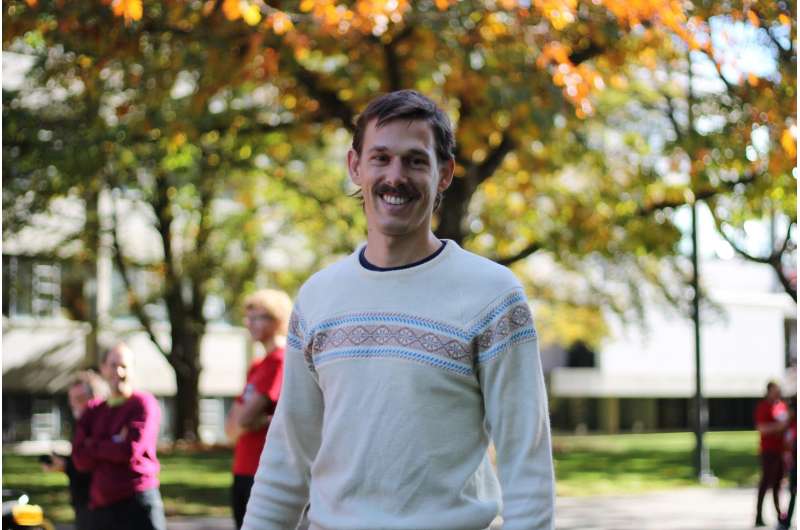Sharing extra spots could ease West End parking woes

Renting out unused residential parking could be the answer to chronic parking shortages in Vancouver's West End, according to a new University of British Columbia study that compared residential parking stalls with building occupancy in the neighbourhood.
"We found that 46 of the area's 600-plus residential properties have at least 3,700 vacant parking stalls between them. If we relocate cars to use that excess capacity and charge for short-term parking, you'd have enough parking for everyone," said study author Neal Abbott, a Seattle-area transportation planner who conducted the work for his master's program at UBC's school of community and regional planning.
The West End—situated between West Georgia Street, Burrard Street, Stanley Park and English Bay—is one of Vancouver's highest-density neighbourhoods. The city estimates that during busy periods, it takes residents around five minutes and more than one kilometre of extra driving to find a parking spot. For visitors who are less familiar with the area, it takes them around 10 minutes and almost three extra kilometres.
Yet researchers say there's actually more than enough parking to go around, thanks to the high parking requirements imposed by the city in the 1970s through the 1990s, when many West End buildings were constructed. Many of the properties they analyzed had 50 or more parking stalls sitting empty, particularly during work hours.
"Research and policies over the past 20-plus years tell us that overly abundant parking encourages car dependence, increases the construction costs for new buildings, and limits land supply," said Alex Bigazzi, a professor in UBC's department of civil engineering and school of community and regional planning who supervised the study. "A shared parking program would release parking spots without forcing developers or the city to add to parking supply."
The researchers said that it would be fairly easy to convert many off-street stalls through signage without creating parking congestion in the buildings or a lot of site modifications.
"City planners would need to examine the business case and legal requirements for conversion, but ultimately, parking shortages negatively impact residents' quality of life," said Abbott, whose study was also part of Vancouver's Greenest City Scholars program.
Provided by University of British Columbia


















